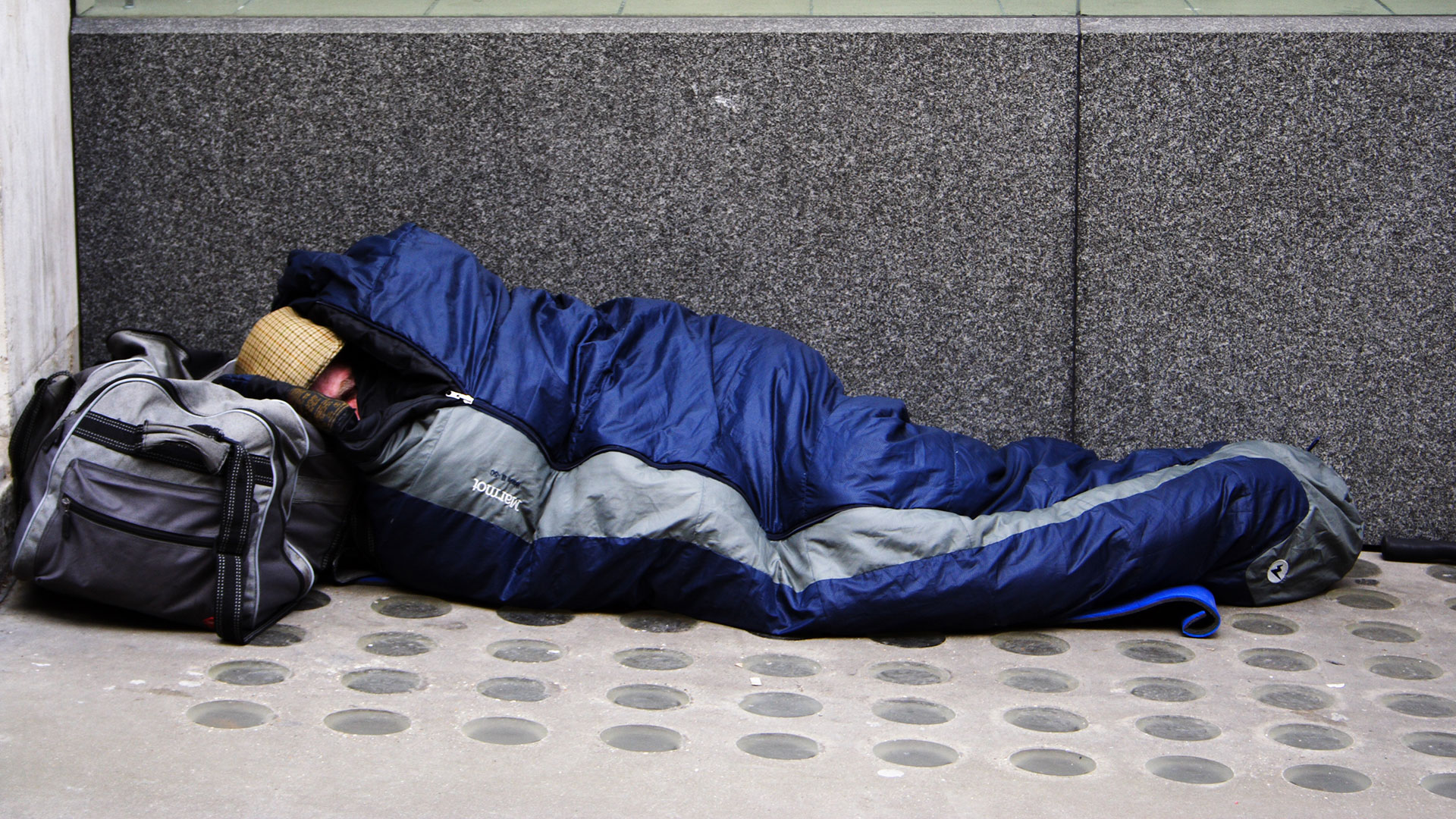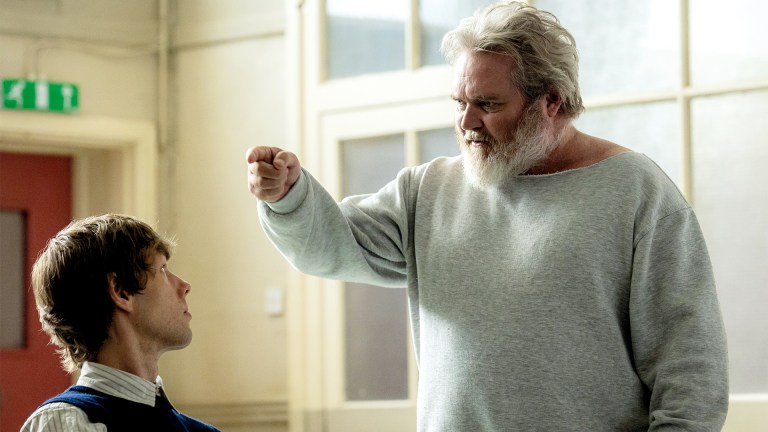Back in 2017 in some quiet office in Poole Town Hall a decision was made by non-elected officials to try a tool known as a Public Space Protection Order (PSPO) as a way of cracking down on rough sleeping and begging in the town centre. Three years later, and with a change of administration at the council from Conservative to a mish-mash coalition of Lib Dems, Greens, Labour and Independents, I am on the eve of challenging the PSPO at the High Court. As well as a change of administration, Poole Council has now become part of a ‘super unitary Council’ made up of the three former councils of Bournemouth, Christchurch and Poole known as BCP Council. It has been a long journey to get to this point, but the message has been consistent and clear throughout – homes not fines!
I started the campaign against the specific clauses which target the most vulnerable in our community as part of my activism with the local Labour Party, where I was the housing officer. My interest in housing cuts across my professional, personal and political life. I’ve worked in frontline services with men and women experiencing homelessness, addiction issues, and domestic abuse for nearly 30 years before becoming a full-time carer for two of my children who have chronic illness. I’ve also faced the real prospect of homelessness myself having been evicted with my children from private rented accommodation on a number of occasions. And as a socialist I believe passionately that housing is a fundamental human right as vital as the need for air or water. Since childhood I have never reconciled the idea of any human either living on the streets or in inappropriate housing that doesn’t feel secure and homely.
The very idea that someone could be punished at their most vulnerable point seems both abhorrent and illogical to me
There are so many issues that need to be campaigned about regarding homelessness, now more than ever, with such a dire housing crisis in full flow, so why get so invested over a few clauses in a PSPO, covering an area of a few miles, which target a relatively small amount of people? I’ve been asked this question by both people working in homeless drop-in centres, as well as those who support the cruel clauses. My answer is that whilst, of course, there are other issues which may appear to be just as important, the very idea that someone could be punished at their most vulnerable point seems both abhorrent and illogical to me. It is clearly part of the ‘hostile environment’ that has permeated both our legislature and cultural discourse over the past 10 years, and which leads to rough sleepers being 17 times more likely to be victims of violence than the general population, according to Crisis.
Councils across the country are using PSPOs in a way they are not intended for, as stated by the Home Office guidance update issued in 2018: “PSPOs should not be used to target people based solely on the fact that someone is homeless or rough sleeping” and also advises that councils should “consider whether the use of PSPOs is the appropriate response to dealing with complaints about homeless people”. Sadly in Poole, they ignored this guidance. So a direct and legal challenge seemed to be a necessary course of action to try and stop them from using such a blunt instrument for such a complex and sensitive issue.
The Covid-19 pandemic, and the response that has been put in place for the homeless, has shown that if a political will is there, we can, if we want to, practically end rough sleeping overnight. When it was decided to use hotels and student accommodation to house homeless people in a ‘Covid safe’ way, BCP council managed to accommodate over 300 individuals in a matter of weeks. Many have been successfully moved on and others are still in temporary accommodation waiting to be housed. This is a success story born out of a global crisis, but which has demonstrated that the ‘house first – support afterwards’ or ‘Housing First’ model is by far the most successful way to tackle homelessness and is also the most dignified and humane way. It needs to be done well, with access to decent accommodation and if necessary, well funded, multi-agency intensive support, we only have to look to countries like Finland to see how effective it is.
So where next for this local campaign to stop the use of the PSPO in Poole Town Centre? At a BCP Cabinet meeting last week, the cabinet unanimously voted to remove the clauses on which I have based my legal challenge. This is indeed great news, and to be welcomed. However, it comes with an uncomfortable caveat – on 15 September the BCP Conservative group of councillors have won a vote of no confidence against the current administration. I understand that their aim is to seize control of the council. The Conservatives have stated that they intend to introduce a similar PSPO across the whole BCP area. My court date still stands, should the Conservatives try and do this, I will continue my campaign and see them in court if necessary.









